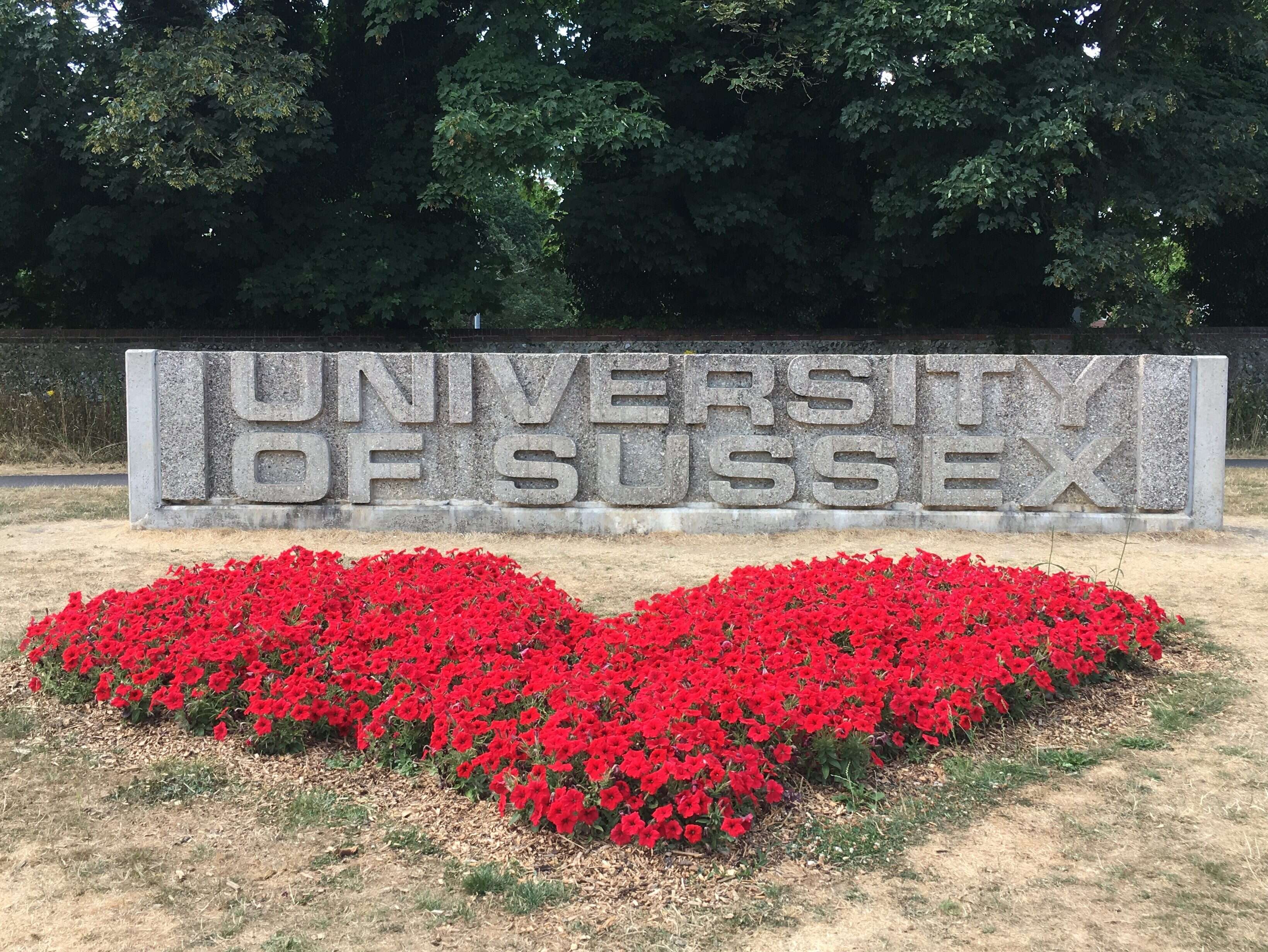
Students at an undergraduate journalism course are being offered £500 in compensation after the host university failed in its bid to receive accreditation from the Broadcast Journalism Training Council.
The University of Sussex in Brighton has been telling applicants for its BA Journalism course for a number of years that it was “seeking accreditation” from the BJTC, one of two main accreditation bodies for journalism courses in the UK alongside the National Council for the Training of Journalists.
However it withdrew from the accreditation process earlier this year after failing to meet the BJTC’s criteria. The university had not applied for accreditation from the NCTJ, according to the body.
A BJTC spokesperson said: “The BJTC has never accredited the BA Journalism course at the University of Sussex or indicated this is the case.
“For the past five years the university has not met the criteria of our accreditation requirements as set out by our industry partners.”
The university has now offered the 51 journalism students still on the course “at least” £500 each in compensation.
It also offered to pay for them to participate in a distance learning course with the NCTJ, even if they do so several years after graduation.
A University of Sussex spokesperson said that although the course was advertised as “seeking accreditation”, it was “never guaranteed” that this would be achieved.
The BJTC, which works with industry partners including ITN, Sky News, the BBC, AP, Channel 4, Reuters and Global, currently accredits some 70 courses at more than 40 different institutions.
Its website sets out five key requirements for courses seeking BJTC accreditation: industry-like production news days, voice training sessions, a minimum of 15 industry work placement days, industry standard media law and court reporting training and exams, and industry standard facilities.
One recent graduate of the University of Sussex course told student website The Tab: “A journalism degree doesn’t cut it. The editor of a local newspaper that I’d done work experience for told me he would never hire someone who didn’t have a NTCJ or BJTC qualification.”
The university spokesperson added: “The journalism course at Sussex provides a strong grounding for our students: we employ practitioners, and we offer a placement year opportunity, as well as a wide number of work based learning opportunities for our journalism students.
“This has included experience with regional and national media organisations including the BBC.”
Masterclasses are held throughout the year with experts such as Marcus Ryder, chief international editor at China Global Television News, and Clive Myrie, BBC presenter and foreign correspondent, the spokesperson continued.
“The vocational elements of our training include production modules ranging from how to produce images and sound, to voice training and news package production.
“We offer broadcast and multimedia practice opportunities which also extend to documentary as well as news.”
Picture: Wikimedia/Racho_m
Email pged@pressgazette.co.uk to point out mistakes, provide story tips or send in a letter for publication on our "Letters Page" blog
